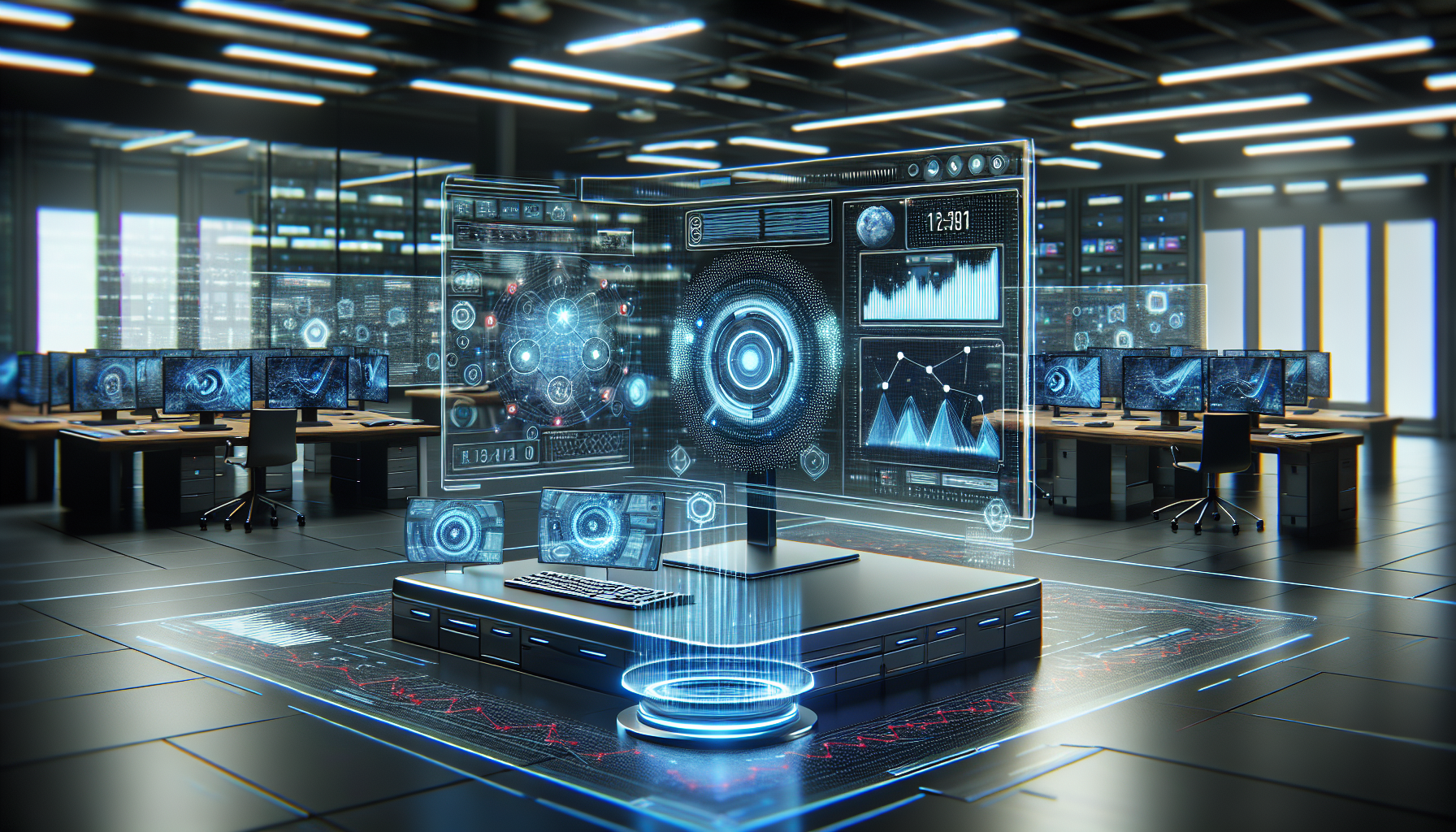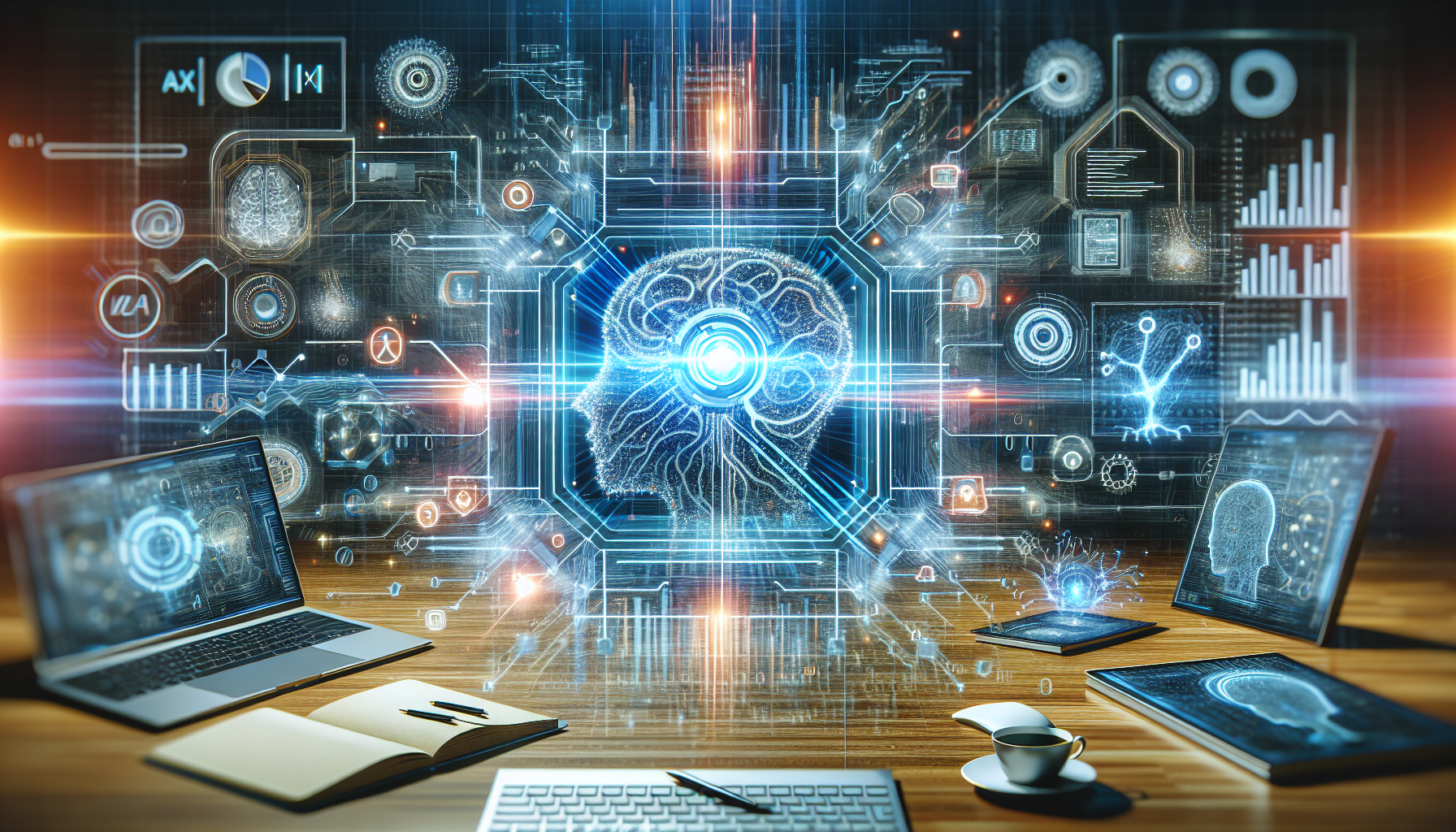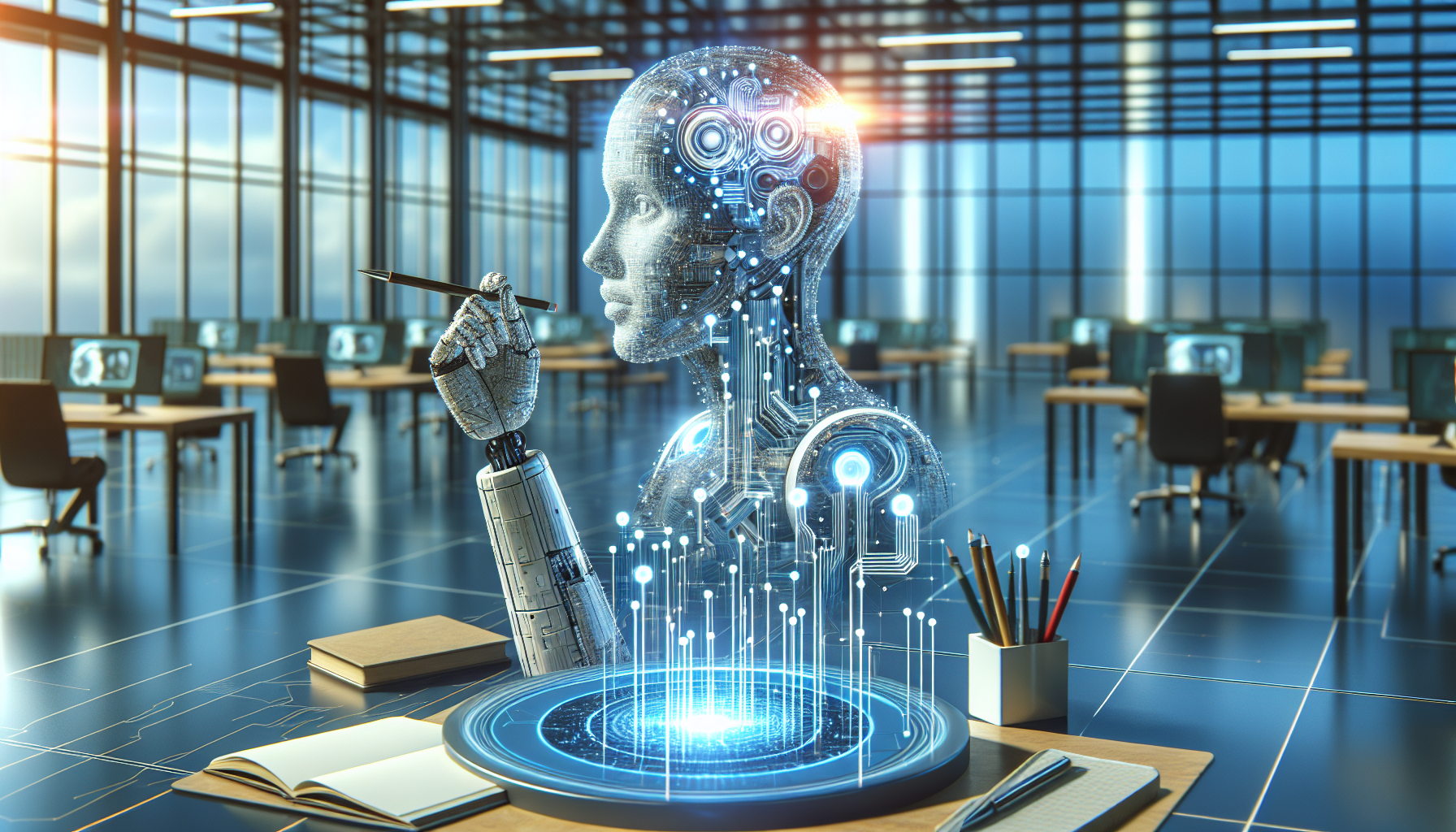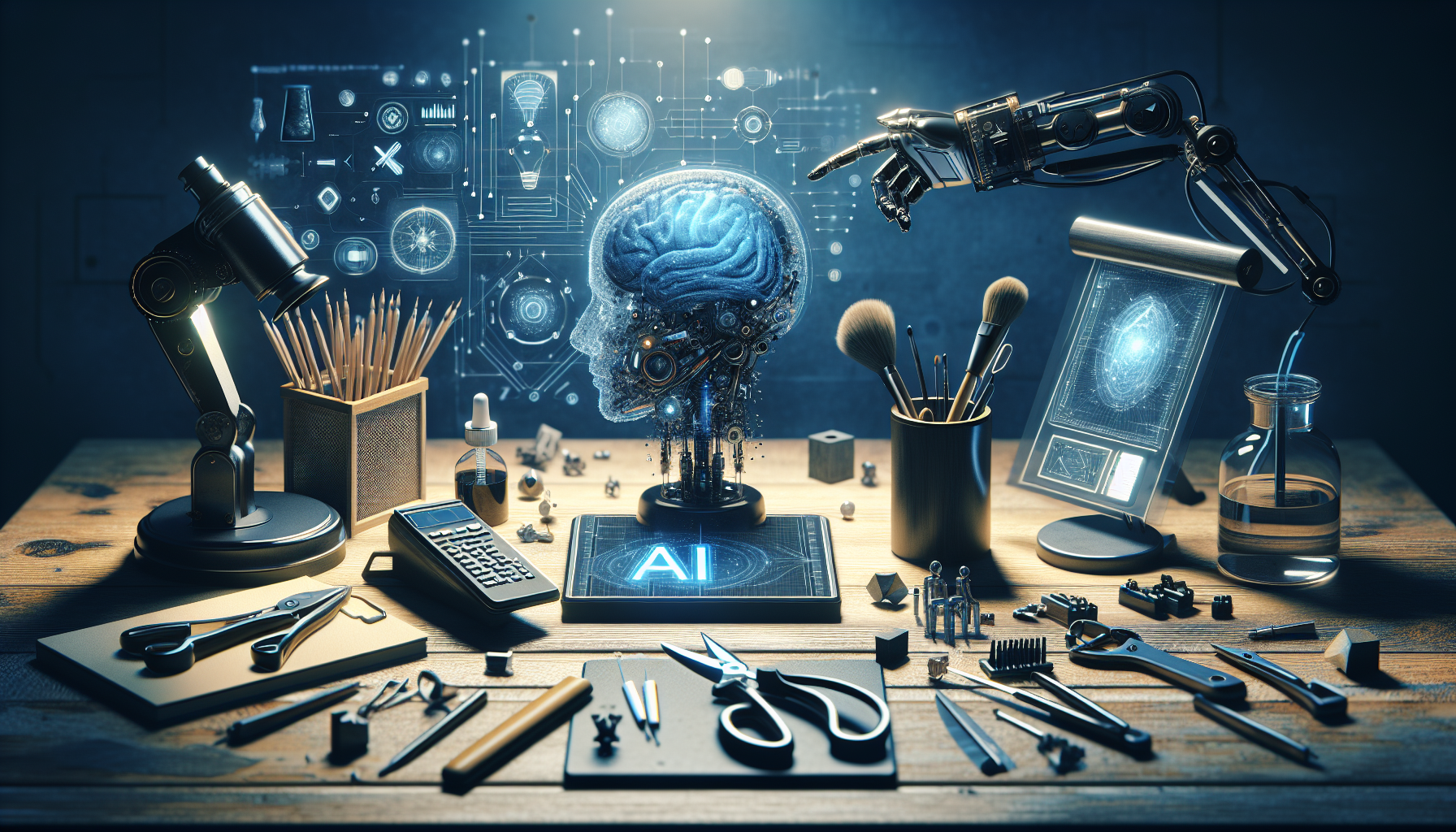
How AI Is Reshaping Our Economy: A Look at Growth and Job Shifts
November 17, 2025
What happens when machines start thinking? It’s a question that's no longer confined to the pages of science fiction. As artificial intelligence (AI) steadily infiltrates industries, the economic landscape is experiencing both growth and disruption. If you've been wondering about the impact AI is having on the world of work, you're in good company. Let's delve into this intriguing trend and see what’s really going on behind the buzzwords.
AI isn't just about robots and automation; it's a catalyst for economic growth, offering unprecedented efficiency and innovation. Companies across the globe are leveraging AI to streamline operations, enhance customer service, and develop new products. This isn't just tech giants like Google or Amazon; even small and medium enterprises are getting in on the action. By integrating AI solutions, businesses can analyze data at speeds unimaginable a decade ago, leading to smarter decision-making and more personalized consumer experiences.
Take healthcare, for instance. AI tools are being used to predict patient outcomes and personalize treatment plans, potentially saving lives and reducing costs. In finance, AI algorithms help detect fraudulent transactions in the blink of an eye. These advancements not only boost productivity but also open up new markets and create opportunities for startups to innovate.
However, the story of AI and economic impact isn’t just about growth; it’s also about displacement. As AI takes on tasks traditionally performed by humans, some jobs are inevitably affected. Manufacturing and retail sectors, in particular, have seen significant changes. Automation of repetitive tasks means fewer jobs in some areas, but it also means a shift towards more high-skilled roles.
Interestingly, while AI may eliminate certain jobs, it also creates new ones—often in other sectors. The demand for AI specialists, data scientists, and cybersecurity experts is surging. What's crucial here is the ability to adapt. Upskilling and reskilling are becoming the buzzwords of the modern workforce. Educational institutions and companies alike are focusing on training programs to prepare workers for this AI-driven economy.
A fascinating aspect of AI’s economic impact is its role in reducing barriers to entry for businesses. With AI tools becoming more accessible and affordable, entrepreneurs can compete with established players in ways previously unimaginable. This democratization of technology is leveling the playing field, fostering a more competitive market that can lead to better products and services for consumers.
Yet, as we embrace these advancements, it's important to consider the ethical and societal implications. AI's rise raises questions about privacy, bias, and the digital divide. How do we ensure that AI benefits society as a whole and not just a select few? Policymakers, technologists, and educators are grappling with these questions, aiming to strike a balance between innovation and regulation.
So, what does the future hold? Some experts predict a future where humans and AI work side by side, augmenting each other's capabilities. Imagine a world where AI handles mundane tasks, freeing up humans to focus on creative and strategic endeavors. But this future hinges on our willingness to embrace change and foster a culture of continuous learning.
As AI continues to weave its way into the fabric of our economy, it’s clear that both opportunities and challenges lie ahead. Are we prepared to harness AI's potential while mitigating its risks? The answer depends on our collective ability to adapt and innovate. In this era of rapid technological advancement, the real question might be: Are we ready to redefine what it means to work and thrive in a world powered by AI?


